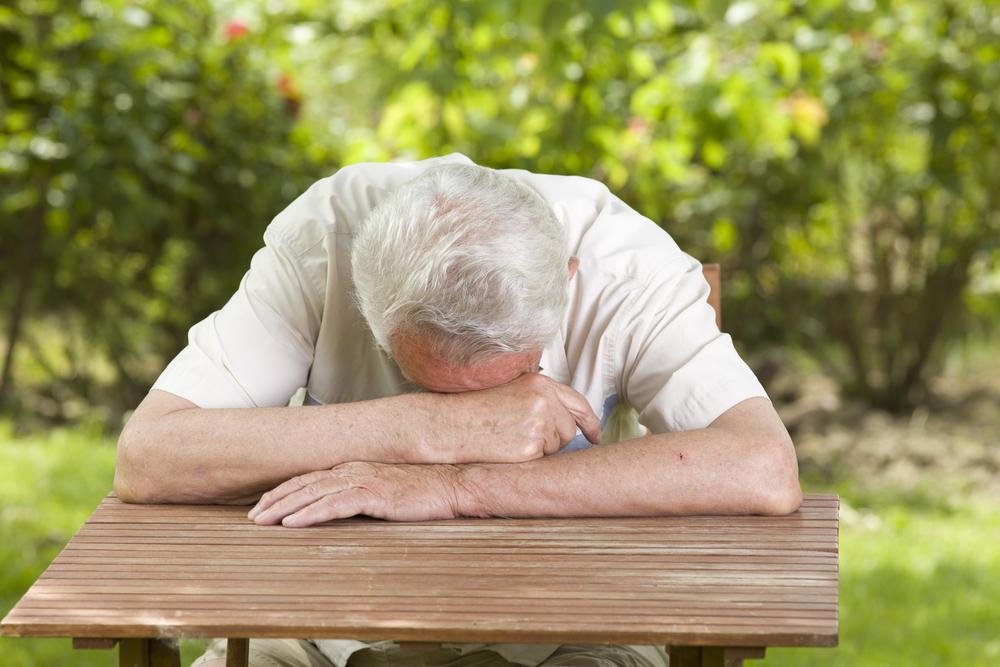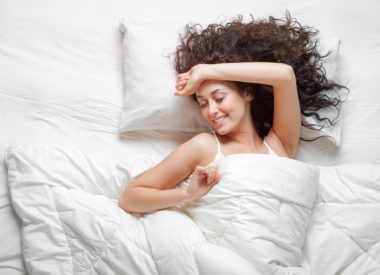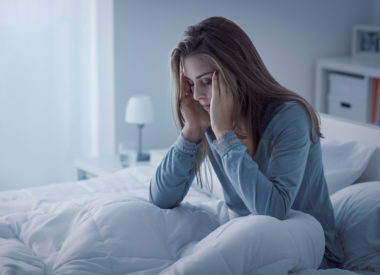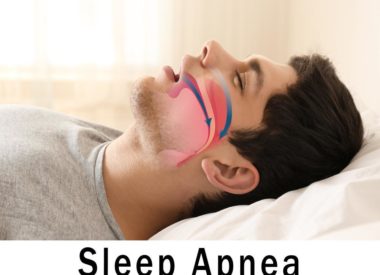Why sleeping difficulties can increase with age
To sleep like a baby some days it’s all many of us really want, yet it seems as we age, that good nights sleep becomes increasingly elusive. If you feel you’re not sleeping as well as you have before, you’re not imagining it. The amount of deep sleep you get starts decreasing when you’re in your late 20s, and by the time you reach 50, you’re only getting half as much deep sleep as you once did, even if you’re sleeping just as long.
Sleep difficulties range from annoying to dangerous, with chronic insomnia contributing to other issues as diverse as depression and car accidents. Other sleep disorders may arise, things such as hypersomnia, restless leg syndrome, narcolepsy, and sleep apnea. Let’s look at some of the reasons why it gets harder to sleep deeply, as well as a few things you can try to improve the quality of your rest.
A normal process
Changes to sleep patterns are a natural part of the aging process. Yet, the common perception that we need less sleep as we get older is a myth. Research shows that our need for sleep remains constant through our adult years. This is why our quality of sleep seems to deteriorate, since it is, for practical purposes.
Sleep architecture
Sleep has three distinct phases, essential components that each play a role in rest and revitalization. The rapid eye movement phase is a time of vivid, active dreaming. Light sleep is a dreamless period in which older people spend most of the night, and deep sleep is just that, the sound, restful sleep that many of us crave. These three phases move in a cycle through the night. As we age, the proportions of each phase change. Thats why we can sleep for the same amount of time yet feel different levels of refreshment in the morning. REM and deep sleep cycles become shorter.
Other disruptions
Sleep latency is the period between getting into bed and falling asleep. Usually, 10 to 15 minutes is a good sleep latency period. If it routinely takes you longer to fall asleep, then you may be suffering from insomnia. If you’re out the minute your head hits the pillow, you may be showing signs of chronic sleep deprivation.
Sleep fragmentation is another threat to adequate rest. As we age, we tend to wake up more often in the middle of the night. Its logical since more time is spent in the light sleep phase, but other factors such as snoring your own or your partners and nocturia, the need to urinate through the night, contribute to these interruptions.
Home remedies
Perhaps your best chance to improve the quality of sleep, despite these natural progressions, is to ritualize bedtime. Aim for the same bedtime most nights and set your alarm for the same time each morning, weekends included. This helps your body define regular circadian rhythms, which naturally move toward earlier sleep and waking times as you age.
Avoid naps during the day. Instead, when you feel energy failing, get some moderate energy to restore your vitality. Save your sleep time for the night.
Keep it dark, since melatonin needs darkness to form, and its presence in your body controls your sleep cycles, including inducing sleep. If you’re sleeping in a bright bedroom, remove light sources, such as with heavy drapes or closed doors.
Perhaps most important is treating your bedroom as a sleep chamber. While its unlikely anyone will begrudge you a Sunday afternoon binge-watching television in bed, activities other than sleep and sex in bed dilute its status. If you’re having trouble sleeping, the last thing you need is a reminder of the hot, new series you’ve been meaning to try.
When all else fails, contact Sound Sleep Health. Your sound sleep is our specialty.



